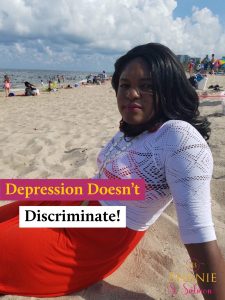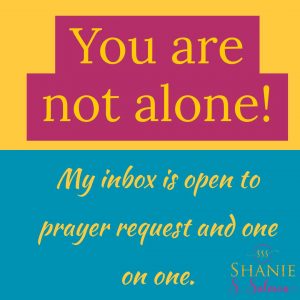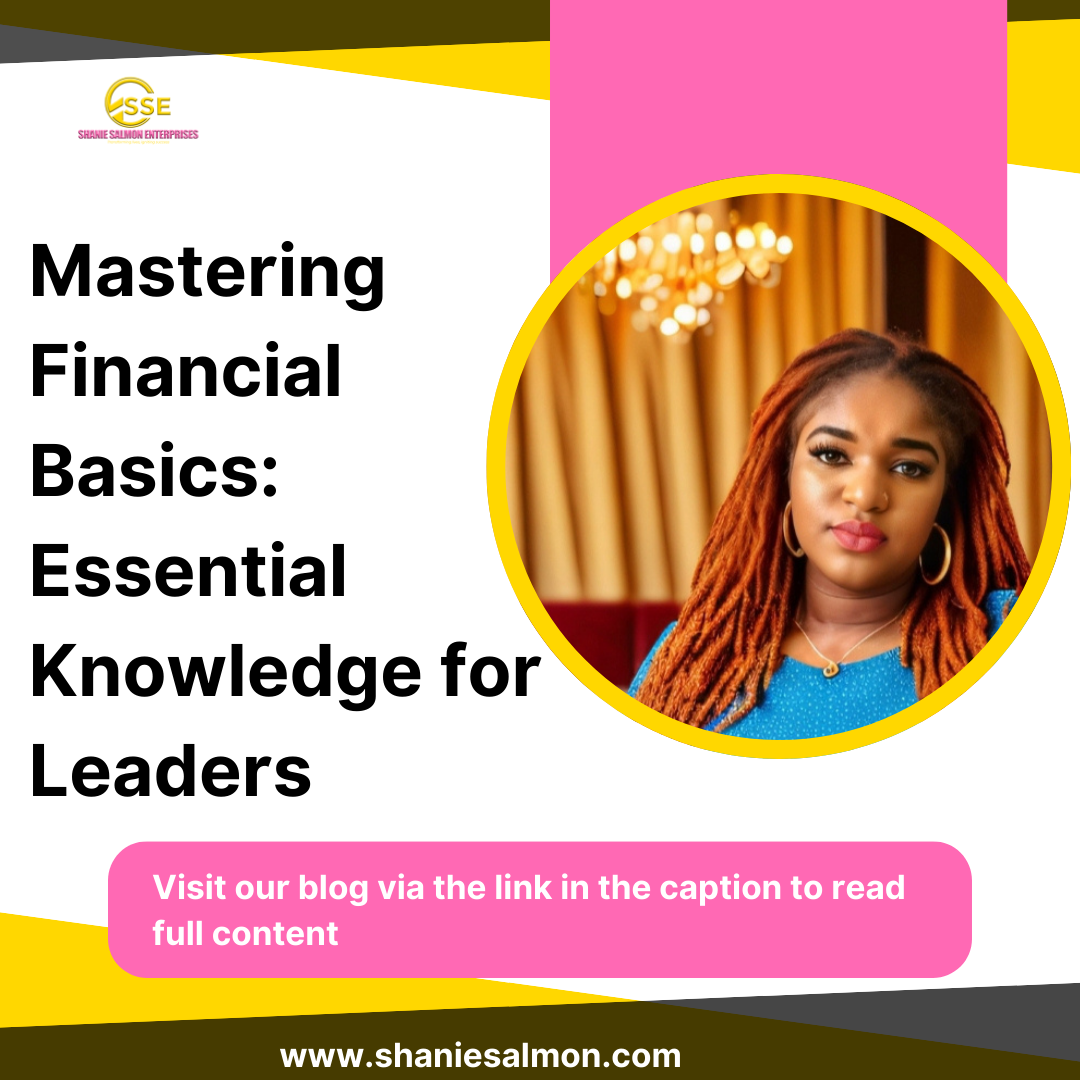I am always angry, and I feel so alone. Why is it that I am always sad? Every time I get a little piece of happiness, here comes the sadness. I am always going through emotional highs and lows. I am either sad or, extremely sad. Every time something is going right, it seems like there is always something popping up to completely ruin it. It seems like good things are short lived. You are not alone, and you are not crazy. You may be struggling with a depressive disorder. Anyone can be the victim of depression.
Depression has no boundaries, and it doesn’t discriminate. It doesn’t matter who you are, what color your skin is, your religious preferences, ethnicity, or what your tax bracket is, you can be a victim of depression. Living with depression is a life long battle. It’s never something that will ever completely go away. It will invade your life, when you least expect it. There will be times when you ask yourself is life worth living? It is very important to understand what depression is.

Depression
According to NIH (National Institute of Mental Health), Depressive disorder is a very common, and serious mood disorder. It manifests symptoms that severely alters the way you think, feel, it interferes with your eating habits, work ethics, as well as daily routines. Symptoms must be present for a minimum of two weeks, for a clinical diagnosis to be made.
Types of Depression
- Persistent (Dysthymia)
The symptoms last a minimum of 2 years
- Postpartum
Occur during pregnancy and after delivery
- Psychotic
Depression with signs of psychosis. Delusion (Delusion- is fixed believes) Hallucination, (Hallucination is seeing and hearing things that others doesn’t see or hear).
- Seasonal Affective Disorder (Winter)
Trigger by lack of sunlight, subside in spring and summer. There are cases where SAD (Seasonal Affective Disorder is triggered in summer). Every year people with SAD, experience excessive sleeping, weight gain.
- Bipolar Disorder
Even though Bipolar Disorder is not the same as depression, people with Bipolar Disorder, experience the same symptoms as depression. The Highs and lows (high, which is Euphoric or irritable modes also called mania). (Low, which is Hypomania, according to DSM5-classification (Diagnostic and statistical manual of Mental Disorder).

Symptoms
DSM5
- On going sadness, feeling of emptiness, and anxiety.
- Hopelessness
- Guilt
- Worthlessness
- Lack of interest in daily activities & Hobbies
- Fatigue
- Irritation
- Difficulty concentrating, forgetfulness, inability to make decisions
- Difficulty sleeping, early morning awaking, or oversleeping
- Thoughts of death, suicide, or suicide attempts
- Aches, pains, headaches, cramps, digestive problems without clear physical signs.
- Common Triggers
-
- Stressful Job
-
- Lack of forgiveness
-
- Unfulfilled marriage
-
- Financial strain
-
- Loss of a family member
-
- Weigh loss
-
- Weight gain
-
- Illness
- Living with Depression
- Being at a stressful job is like walking around with one hundred blood sucking leeches attached to your body. Eventually it will suck you dry, Leaving you lifeless. The feeling of regret and failure often manifest itself at a stressful job. The stress to perform, losing your job, and showing your best face, is enough to trigger a depressive disorder.
- Marriage is a beautiful thing. However, an unfulfilled marriage can cost you your life, literally. The stress to be a certain way, while taking on new roles can cause a collapse in the relationship. If a spouse is not meeting the needs of the other, it can trigger depression in the unfulfilled spouse. The feeling of regret of marriage.

- Recognize your triggers and seeking help
- Make a list of your triggers and things that make you happy.
Early recognition can help you to create a plan to stop depression in its track.
-
- Write down the emotions that you feel and how long it last
-
- Get help, medication, counseling with spiritual leaders or healthcare providers
-
- Eat healthy
Eating the wrong food can have long term effects on your health, that can contribute to depression.
-
- Exercise
Improve health, sleep, and increase energy.
-
- Reduce the consumption of caffeine
Caffeine Consumption can affect your sleep, sleep deprivation can worsen depression. Timing is everything, do not consume caffeine close to bed time. When quitting caffeine consumption, it is important to remember to ween yourself off, stopping abruptly can cause caffeine withdrawals and worsen depression.
-
- Read the bible daily
Increase your faith. Renew your mind with the word of God.
-
- Create a gratitude list
A gratitude list helps you remember what you have to live for.
-
- Day planner
Keeping your mind organized helps you to stay on track with your daily activities, without the need to remember everything.
-
- Goals list
Celebrate your small wins. Checking on goals helps you to measure your progress. Measuring your progress helps you to take control of your life.
-
- Journaling
Clear your mind from all of the emotions that keeps you up at night. Journaling will help you vent and pour out your emotions, that with ultimately improve sleep.
-
- Support system
A support system will help you stay on track with your goals and dreams. It will help you to be accountable and help you remember your reason for living.
 People that never suffer from depression, can never really understand the true feeling of depression. No one chooses to be unhappy all the time and cannot fine joy, and peace in their daily life. The anger is a manifestation of the helplessness, that people feels, while dealing with depression. You don’t have to fight depression alone, get help.
People that never suffer from depression, can never really understand the true feeling of depression. No one chooses to be unhappy all the time and cannot fine joy, and peace in their daily life. The anger is a manifestation of the helplessness, that people feels, while dealing with depression. You don’t have to fight depression alone, get help.
Resources
- ScripturesFor God hath not given us the spirit of fear; but of power, and of love, and of a sound mind.2 Timothy 1:7
“Be careful for nothing; but in every thing by prayer and supplication with thanksgiving let your requests be made known unto God”.
Philippians 4:6-7 KJV
“And the peace of God, which passeth all understanding, shall keep your hearts and minds through Christ Jesus.”
Philippians 4:6-8 KJV
NIH (National Institute of Mental Health)
https://www.nimh.nih.gov/health/topics/depression
https://suicidepreventionlifeline.org/
National Suicide Prevention Lifeline
1-800-273-8255







